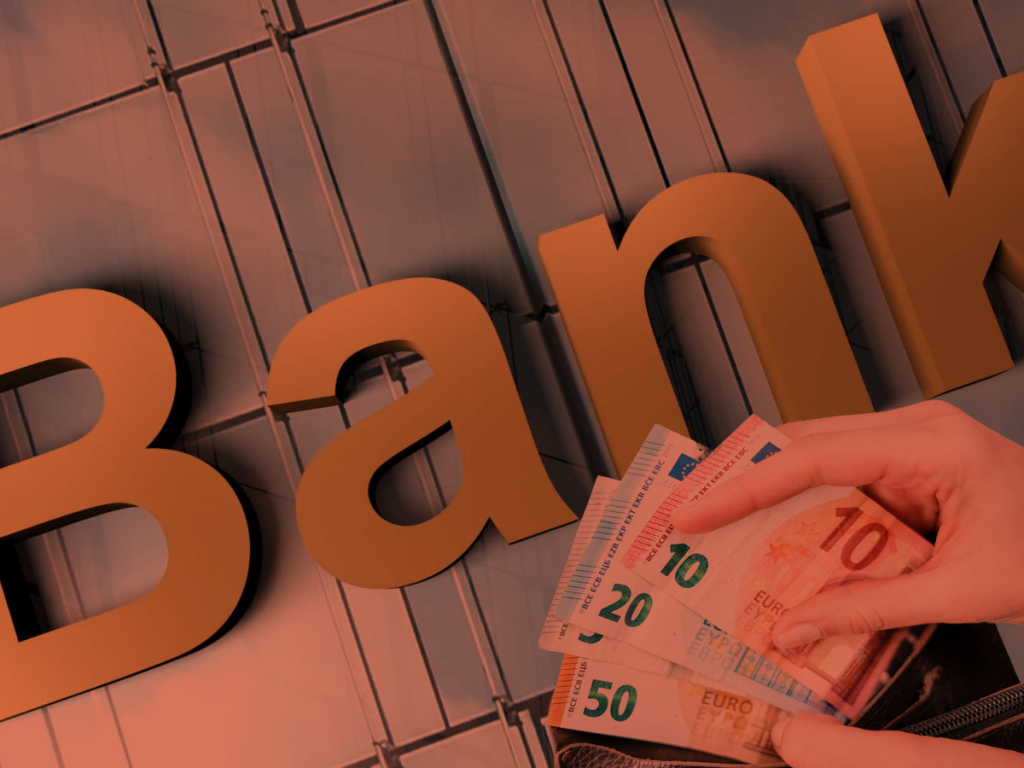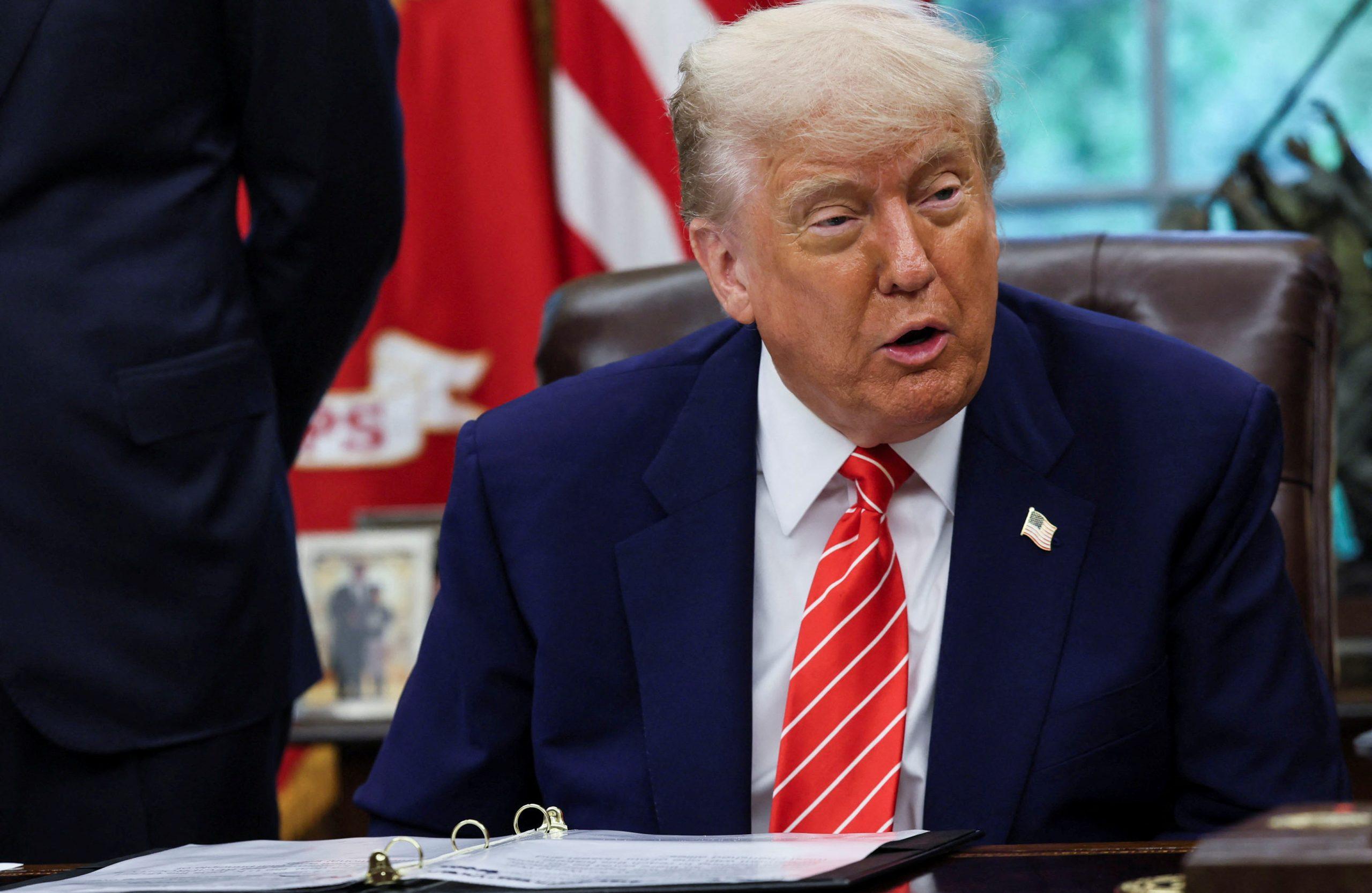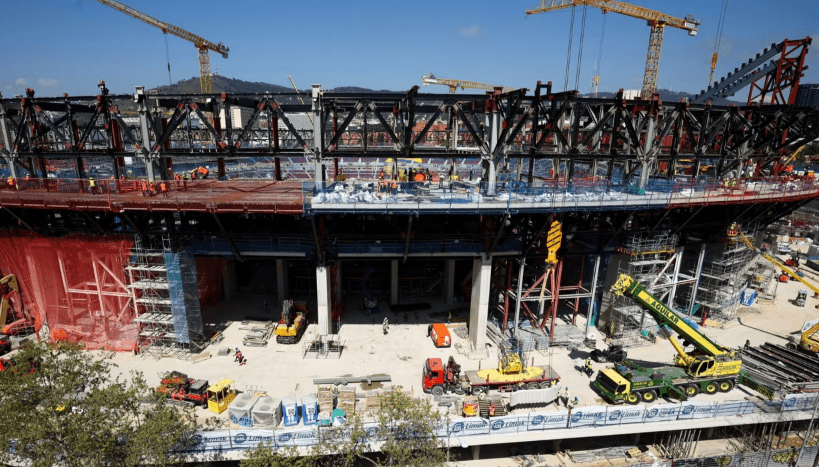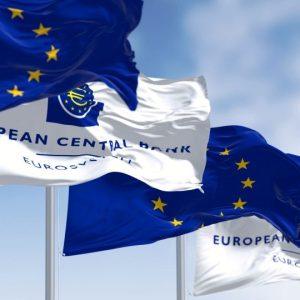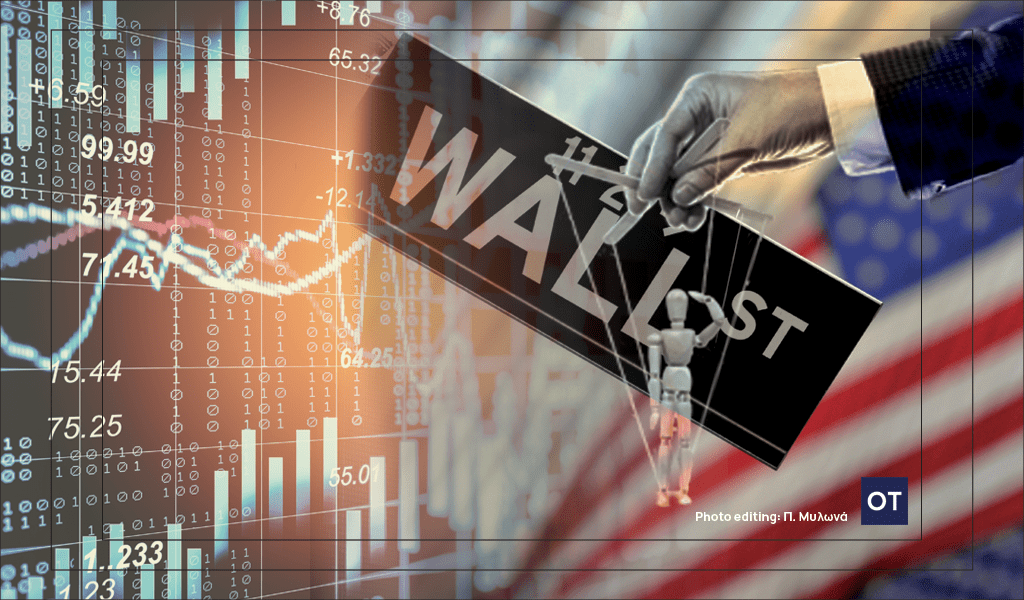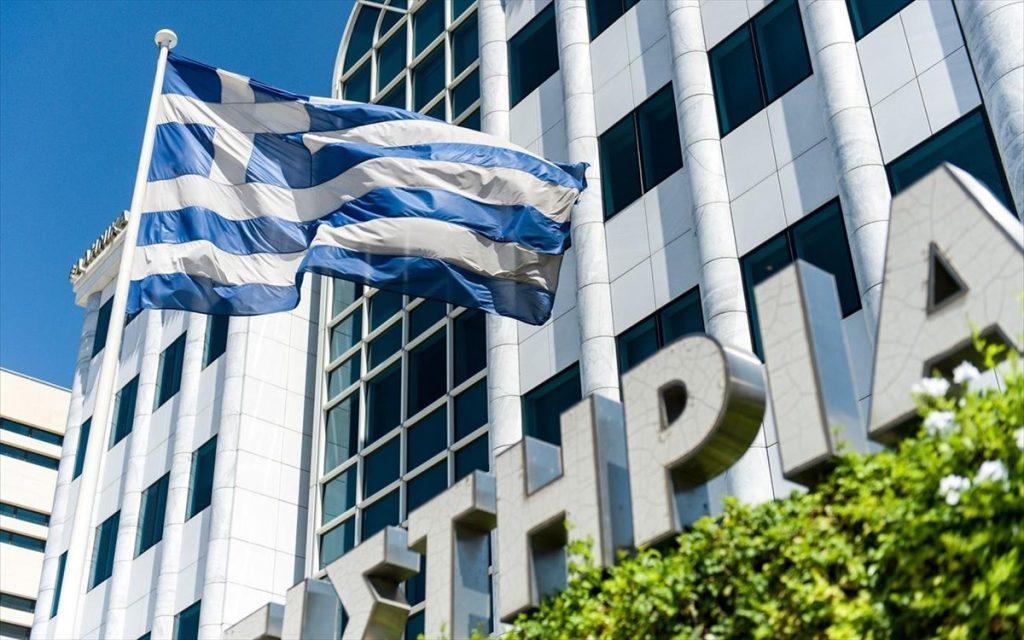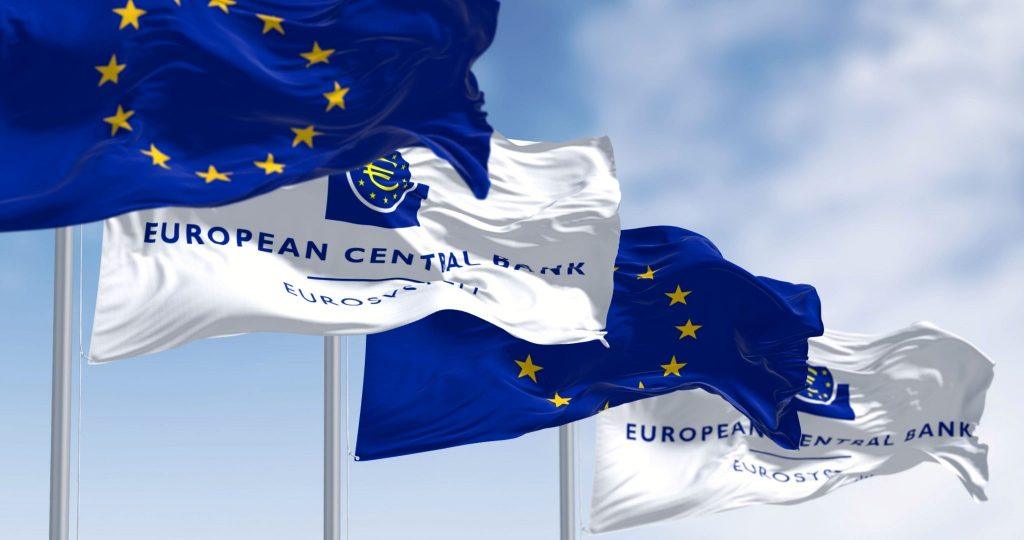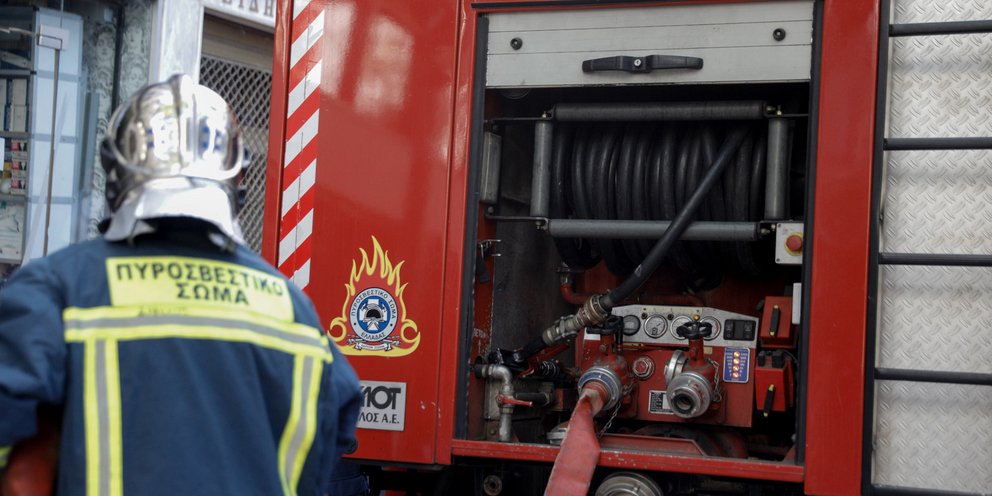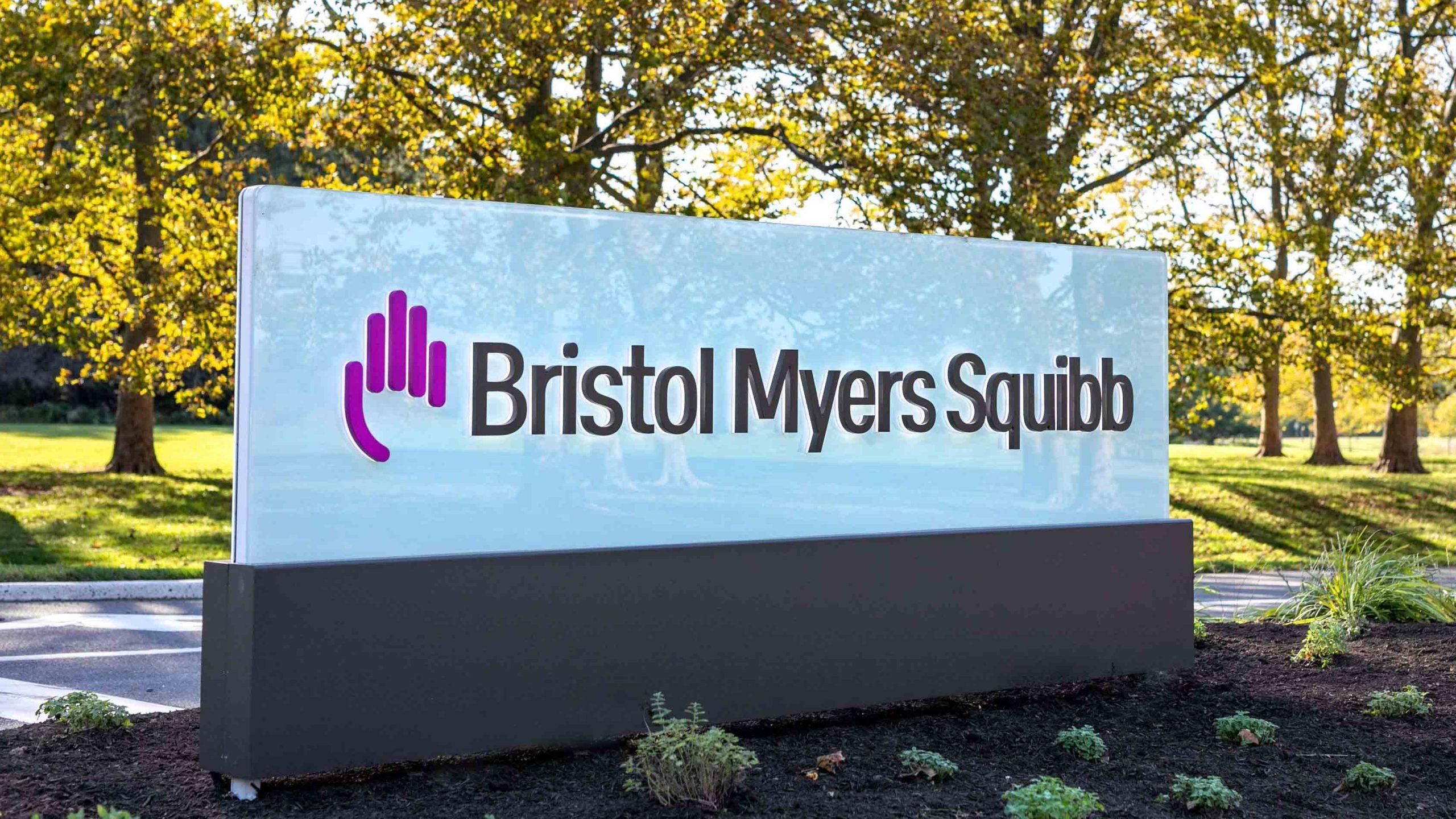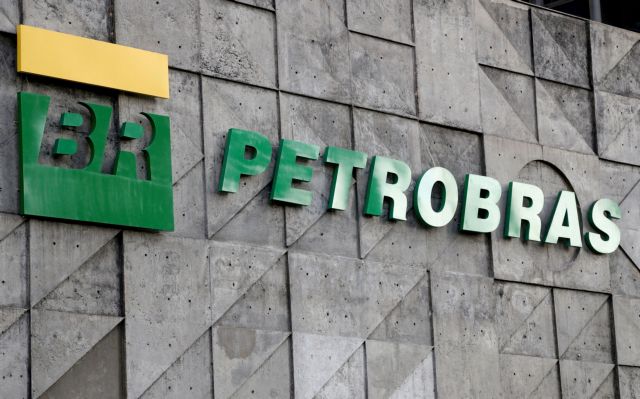The market’s eyes are now on the Ministry of Finance for the activation of the official sale process of the state participation in the country’s four largest banking groups.
In the next few hours, reportedly by tomorrow, the Financial Stability Fund (HFSF) will publish the study on its divestment strategy from the banks, which has already received the green light from the government.
Banking sources state that it will describe the general framework for the sale of the Fund’s shares.
“It will not include timelines or liquidation rates per bank. These will be determined by the disposal consultant, whose choice will be made, as stipulated by law, by the Ministry of Finance” they say.
As sources say, “the only thing certain is that in order for a sale to proceed, an international tender must precede it”.
Besides, according to the same sources, the relevant process cannot start earlier than the announcement of the results for the year 2022, which is expected in February.
From there, the initiative of the movements belongs to the government, which is asked to decide whether the project will start before the upcoming parliamentary elections.
The 2 obstacles
In this direction, according to banking circles, there are two obstacles to accelerating sales.
Firstly, the political costs that always lurk in privatizations and secondly the current conditions in the markets, which do not favor the financing of acquisitions of this scale, due to the high and increasing cost of borrowing.
It is recalled that to date, official interest in the acquisition of shares of Greek banks has been shown by the Saudi Arabian state fund, which sees National Bank as a gateway for its entry into the European banking market, and the Italian investment scheme ION Investments, which in a letter to the HFSF at the end of 2022 offered 452 million euros for 27% of Piraeus Bank.
This is without a doubt a clear indication of the return of the domestic financial system to the radar of the international investment community.
However, as banking circles say, “a deal cannot exist without a competitive process.” It remains to be seen if the two interested parties will return when the relevant tenders are announced.
On the other hand, in Alpha Bank, where the percentage of the State is 9%, mobility was recorded a few weeks ago. Dutch firm Reggeborgh increased its participation in the bank and now controls 6.50% of its share capital, being the largest private shareholder.
Market sources consider it possible that the fund will move to further strengthen its investment in the systemic group.
Finally, the disposal of 1.3% of Eurobank by the HFSF, for which according to information, there is already an interested party, is considered an easy task.
Industry outlook
According to analysts who monitor the domestic industry, the four systemic groups now have a strong investment history, capable of attracting new shareholders.
This is because the results from their last transformation cycle are now completely visible.
In addition to the reduction of delay indicators to single-digit levels and close to the European average, they have highlighted a new operating model with significant benefits for their organic profitability.
In particular, through the restructuring actions that have been implemented, the four systemic groups have withdrawn from secondary and non-banking activities, digitally transformed, emphasized revenue generation from commissions and started the gradual reformation of their branches, which are reduced in number, but upgraded for better customer service and the promotion of products with high profit margins.
In this context, despite the macroeconomic challenges in the current environment of uncertainty, the way is now open to distribute a dividend.
